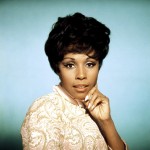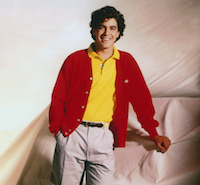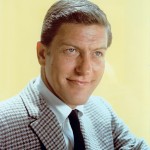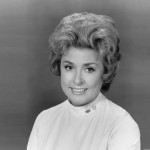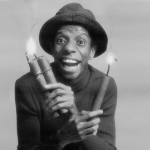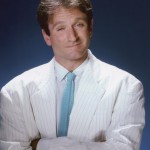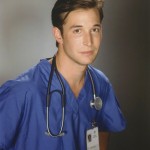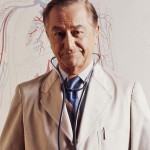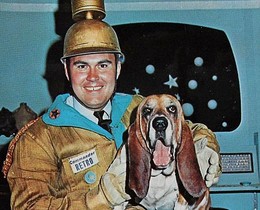 With his smooth baritone voice, actor, newsman and spokesperson Willard Scott began his lengthy career in broadcast on the radio. For nearly 20 years, Scott was half of the “Joy Boys” radio program in Washington, D.C., alongside his on-air partner, Ed Walker.
With his smooth baritone voice, actor, newsman and spokesperson Willard Scott began his lengthy career in broadcast on the radio. For nearly 20 years, Scott was half of the “Joy Boys” radio program in Washington, D.C., alongside his on-air partner, Ed Walker.
Behind a microphone, Scott learned how to bring his quick wit and big-hearted personality to the job, all attributes that served him well as he began hosting children’s programs, too.
“The worst show I did in my life, in my opinion, was the best show I ever did in my life,” recalls Scott of a children’s show he hosted. “We had more fun. It was called ‘Commander Retro,’ and I used my basset hound, Doctor Strangedog.”
Ronald McDonald is Born
Scott also assumed the Washington, D.C., version of Bozo the Clown, a franchised children’s character.
Most Bozos made public appearances at parades, schools and grand openings, and Scott’s clown was no exception. The local Washington, D.C., McDonalds hired Scott — as Bozo — in an attempt to attract customers. It worked. Bozo’s arrival at the chain restaurant sparked mayhem: Roads had to be closed and extra police were on hand as thousands of kids clamored to see their hero.
When the Bozo show was canceled in the Washington market, the local McDonalds restaurants were left without their best pitchman, and they turned to Scott.
“We should have our own clown,’” Scott says he told the food franchise. Ronald McDonald, the hamburger-toting clown with bright orange hair, was born. The wacky, off-the-cuff broadcasting style endemic to local children’s television translated well to live broadcast news, and Scott was tapped to broadcast the weather on NBC’s “Today” show in 1980. It was there that Scott began his on-air signature: wishing happy birthdays to centenarians from around the nation.
“I have always said that the best training to be a TV newsman or anybody on television is to do a children’s show because you are oblivious to the fact that there is a camera there,” Scott says. “You are playing to the kids in the studio, and then you are playing directly to the kids at home. … You look in the lens and you are never using a teleprompter … and you get a tremendous, comfortable feeling in front of a camera doing a children’s show,” he says. “There are no two ways about that: Doing a kid’s show is great training.”






